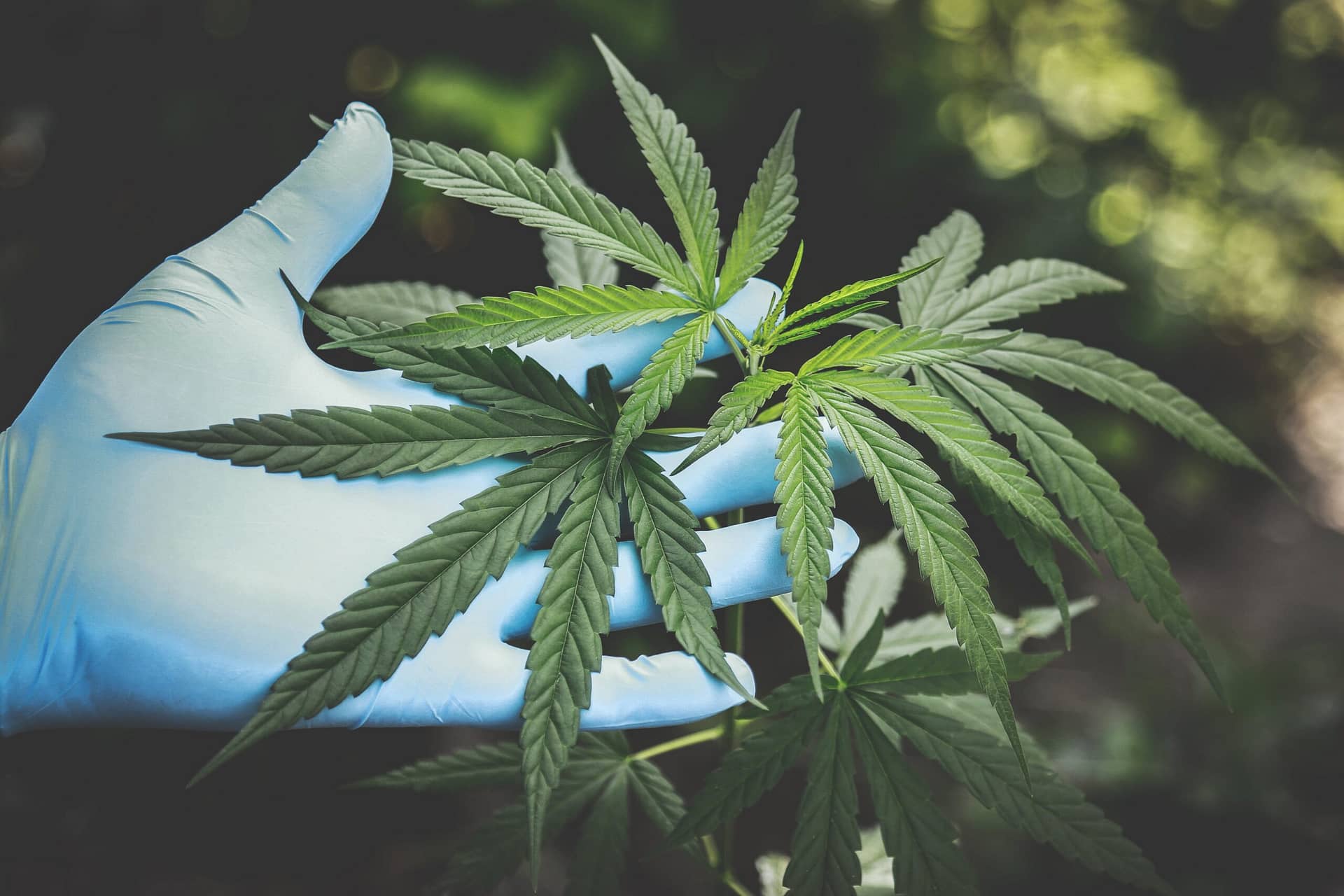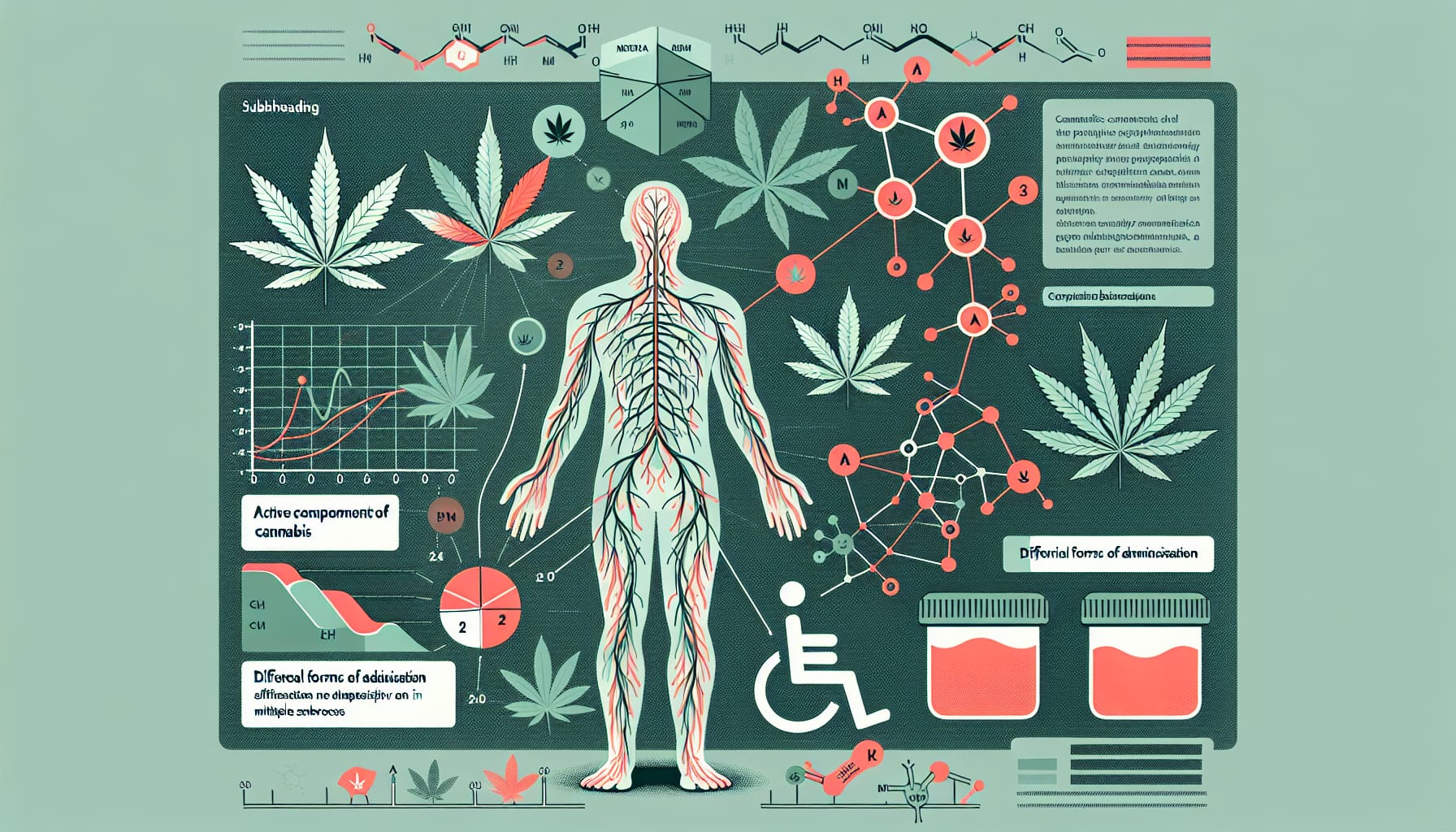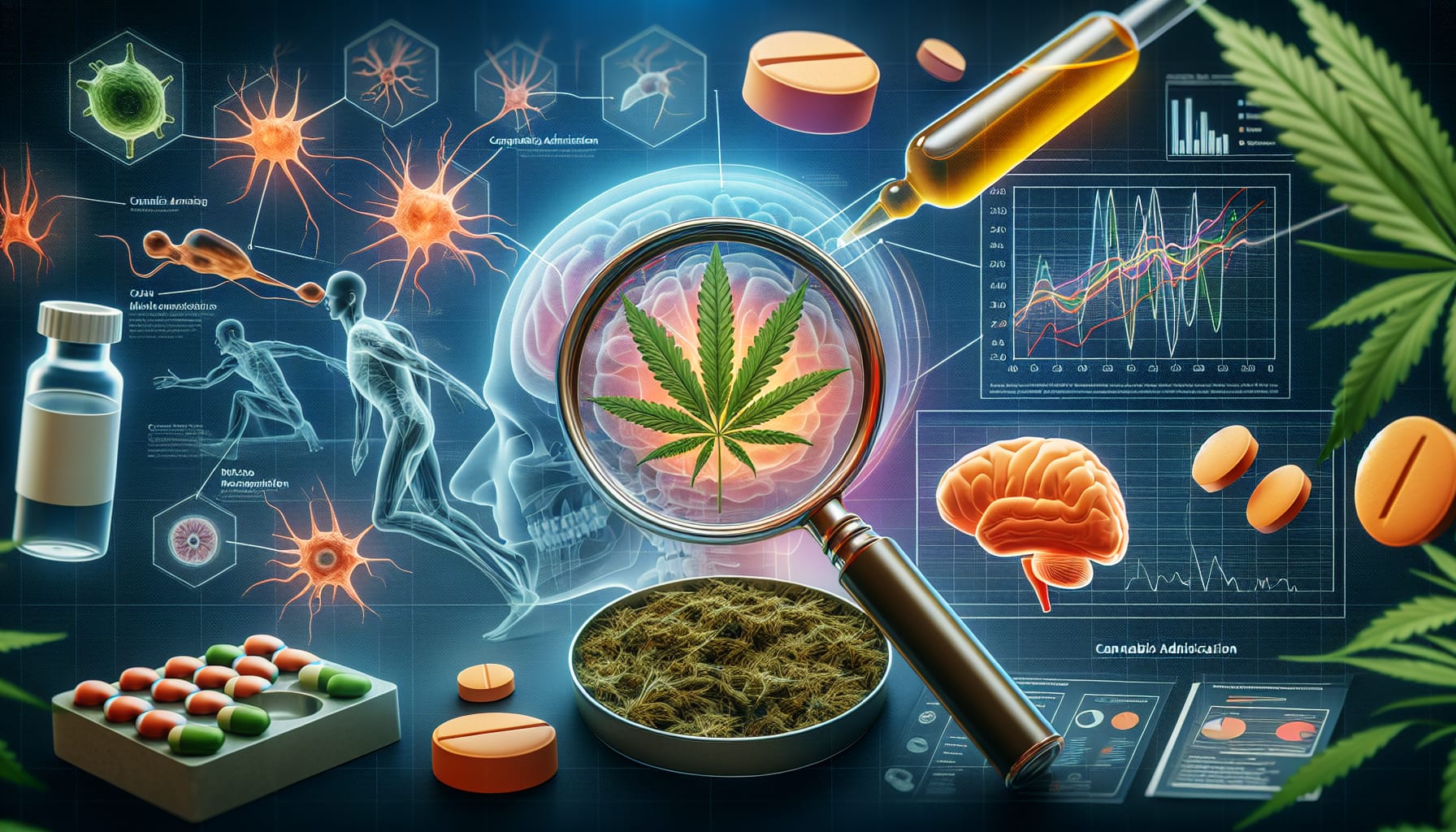In this article, we will explore the intriguing topic of how cannabis affects muscle spasticity in individuals living with multiple sclerosis. Have you ever wondered about the potential benefits of cannabis for managing muscle spasticity? Well, you’re in for a treat! We’ll take a closer look at the relationship between cannabis and multiple sclerosis, providing insight into the impact of cannabis on muscle spasticity. So, get ready to dive into this fascinating subject and discover how cannabis could potentially provide relief for those with multiple sclerosis.
Overview of Multiple Sclerosis
Multiple sclerosis (MS) is a chronic neurodegenerative disease that affects the central nervous system. It occurs when the immune system mistakenly attacks the protective covering of nerve fibers, called myelin. This leads to communication problems between the brain and the rest of the body, causing a wide range of symptoms. The exact cause of MS is unknown, but it is believed to involve a combination of genetic and environmental factors.
Muscle Spasticity in Multiple Sclerosis
Muscle spasticity is one of the most common symptoms experienced by individuals with MS. It is characterized by involuntary muscle stiffness, spasms, and uncontrollable movements. Muscle spasticity can vary in severity and can occur in any part of the body. It can significantly impact a person’s ability to carry out daily activities and negatively affect their quality of life.

Understanding Cannabis
Cannabis, also known as marijuana, is a plant that has been used for both medicinal and recreational purposes for thousands of years. It contains various chemical compounds known as cannabinoids, the most well-known of which are THC (tetrahydrocannabinol) and CBD (cannabidiol). These cannabinoids interact with the body’s endocannabinoid system, which plays a role in regulating various physiological processes.
Effects of Cannabis on Muscle Spasticity
Previous research has shown that cannabis may have a beneficial effect on muscle spasticity in individuals with MS. Clinical studies and patient reports have indicated that cannabis can reduce muscle stiffness and improve mobility. The potential benefits of cannabis for muscle spasticity include decreased muscle tone, decreased pain, improved sleep quality, and increased overall well-being. However, it is important to note that the effectiveness of cannabis may vary from person to person, and more research is needed to fully understand its impact on muscle spasticity.

THC vs. CBD
THC is the psychoactive component of cannabis and is responsible for the “high” associated with marijuana use. It has been found to have muscle-relaxing properties and may help to alleviate muscle spasticity in individuals with MS. However, THC can also have unwanted side effects, such as cognitive impairment, drowsiness, and increased heart rate.
CBD, on the other hand, is a non-psychoactive component of cannabis and does not produce a “high” sensation. It has been investigated for its potential therapeutic benefits in various conditions, including muscle spasticity. CBD may have anti-inflammatory and analgesic properties, which could help to reduce muscle stiffness and pain associated with MS. It is believed to have a more favorable side effect profile compared to THC.
Methods of Cannabis Consumption
There are several methods of consuming cannabis, each with its own advantages and considerations. Smoking and vaporization involve inhaling the cannabinoids through the lungs, providing a quick onset of effects. Oral consumption, such as edibles or oils, involves ingesting cannabis products, which can have a slower onset but longer-lasting effects. Topical application, in the form of creams or lotions, allows for localized relief and may be beneficial for muscle spasticity in specific areas.

Controversies and Safety Concerns
While cannabis may have potential benefits for muscle spasticity in MS, it is not without its controversies and safety concerns. Some potential side effects of cannabis use include dizziness, dry mouth, impaired coordination, and cognitive impairment. Additionally, cannabis can interact with certain medications, and individuals with certain medical conditions may have contraindications for its use. The legal status and regulatory considerations for cannabis vary across different jurisdictions, which pose challenges for individuals seeking access to this potential treatment option.
Current Treatment Options for Muscle Spasticity
There are several treatment options available for muscle spasticity in individuals with MS. Medications such as baclofen and tizanidine are commonly prescribed to help alleviate muscle stiffness and spasms. Physical therapy and rehabilitation programs can also be beneficial in improving muscle control and function. Other alternative therapies, such as yoga, acupuncture, and massage, may provide additional relief for some individuals.

Comparison of Cannabis with Conventional Treatments
When comparing cannabis with conventional treatments for muscle spasticity in MS, there are advantages and disadvantages to consider. Conventional medications have a well-established safety profile and are prescribed by healthcare professionals. However, they may not be effective for everyone and can have undesirable side effects. Cannabis, on the other hand, may offer a more natural and potentially effective alternative, but its use is still not widely accepted or regulated. It is important for individuals to discuss their options with healthcare professionals and consider both the benefits and limitations of each treatment approach.
Conclusion
In conclusion, muscle spasticity is a common symptom of multiple sclerosis that can significantly impact a person’s daily life. Cannabis has shown promise in alleviating muscle spasticity, with previous research suggesting its potential benefits. The effects of cannabis on muscle spasticity are believed to be mediated by its interaction with the endocannabinoid system. While there are controversies and safety concerns surrounding cannabis use, including potential side effects and drug interactions, it could offer an alternative treatment for individuals with MS who have not found relief with conventional therapies. Further research is needed to fully understand the efficacy and safety of cannabis for muscle spasticity in MS.

